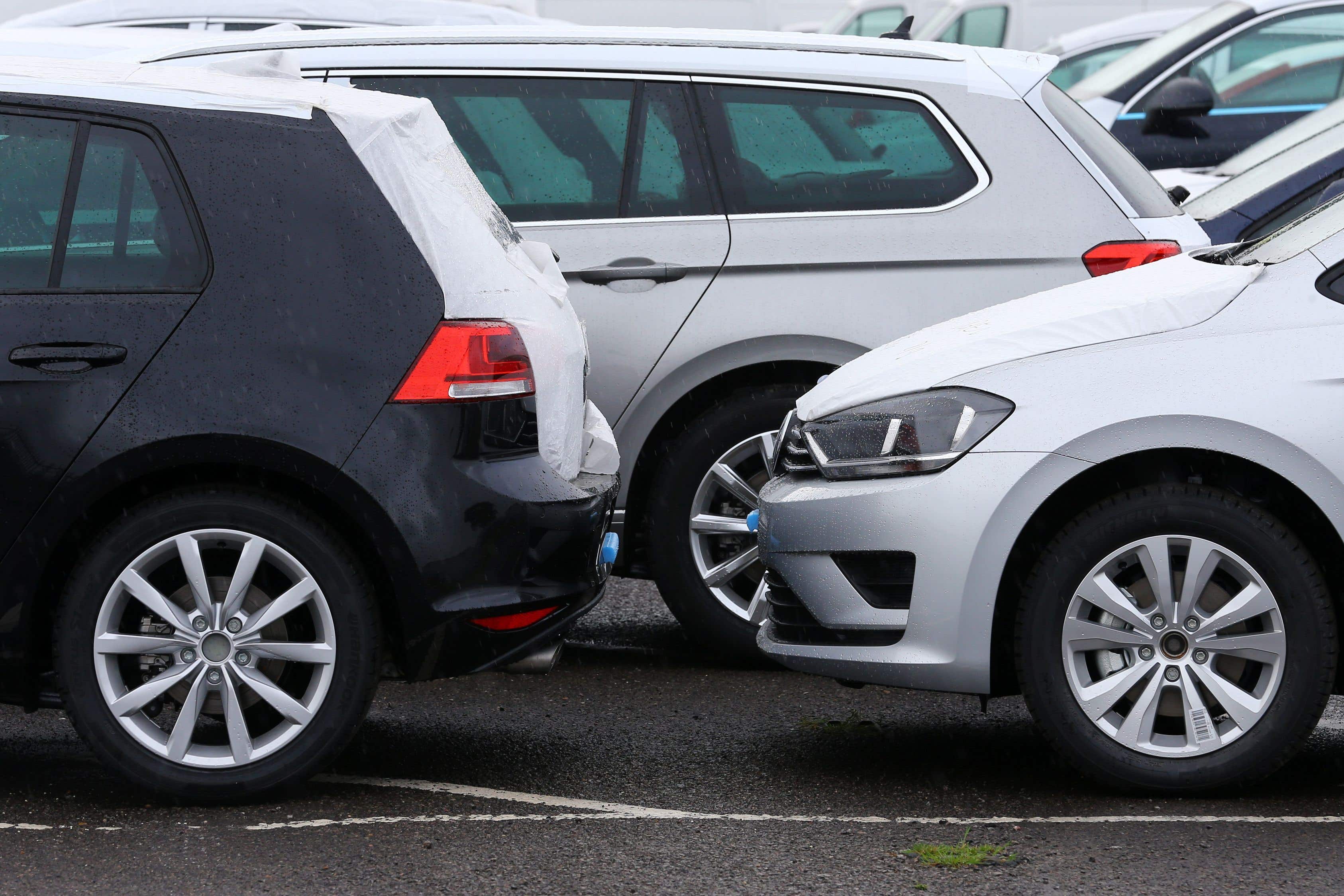New car market records strongest February in 20 years after 14% growth
Nearly 85,000 new cars were registered last month, an increase of 14.0% compared with February 2023.

The new car market recorded its strongest February in 20 years, figures show.
Nearly 85,000 new cars were registered last month, an increase of 14.0% compared with February 2023, the Society of Motor Manufacturers and Traders (SMMT) said.
That is the highest February total since 2004 when more than 91,000 new cars were registered.
February is a low-volume month for sales ahead of the introduction of new number plates on March 1, which sparks a surge in purchases.
The SMMT reiterated its plea for “fairer” taxation of electric vehicles (EVs) ahead of Wednesday’s Budget as private uptake continues to struggle.
Private buyers accounted for just 18.2% of new battery electric vehicles registered in the first two months of this year, with the overall 21.3% increase in demand entirely sustained by fleets due to tax incentives.
The SMMT is urging Chancellor Jeremy Hunt to halve VAT on the purchase of new EVs, amend plans to introduce vehicle excise duty for EVs, and reduce VAT on public charging to bring it into line with home charging.
Chief executive Mike Hawes said: “The new car market’s ability to deliver growth continues with its best February for 20 years.
“This week’s Budget is an opportunity to ensure that growth is greener.
“Tackling the triple tax barrier as the market embarks on its busiest month of the year would boost EV demand, cutting carbon emissions and energising the economy.
“It will deliver a faster and fairer zero emission transition, putting Britain’s EV ambition back in the fast lane.”
Year-on-year growth in EV sales is encouraging but this is thanks to buoyant fleet sales, as growing numbers of drivers take advantage of benefit in kind and salary sacrifice schemes
Ian Plummer, commercial director at online vehicle marketplace Auto Trader, said: “Year-on-year growth in EV sales is encouraging but this is thanks to buoyant fleet sales, as growing numbers of drivers take advantage of benefit in kind and salary sacrifice schemes to overcome the electric upfront price barrier.
“With the 22% Zero Emission Vehicle (ZEV) mandate target of all new car sales to be electric now in effect, some manufacturers are turning to substantial offers to stimulate flat retail demand and entice potential car buyers, and our data shows it’s working.
“At the end of February, one in five new car inquiries sent via Auto Trader were for EVs thanks to a few heavily discounted models.”
Under the ZEV mandate, at least 22% of new cars sold by each manufacturer in the UK this year must be zero-emission, which generally means battery EVs.
The threshold will rise annually until it reaches 100% by 2035.
Manufacturers that fail to abide by the rule or make use of flexibilities – such as trading allowances or carrying them over from previous years – will be required to pay the Government £15,000 per polluting vehicle sold above the limits.
In September last year, Prime Minister Rishi Sunak delayed the ban on the sale of new petrol and diesel cars and vans in the UK from 2030 to 2035.
Alex Buttle, co-founder of used car selling comparison website Motorway.co.uk, said: “Private car buyers urgently need more support to switch to electric.
“If the Government announces incentives for prospective EV drivers as well as plans to improve the charging infrastructure in the Budget tomorrow, sales could really start to power up.”
Bookmark popover
Removed from bookmarks